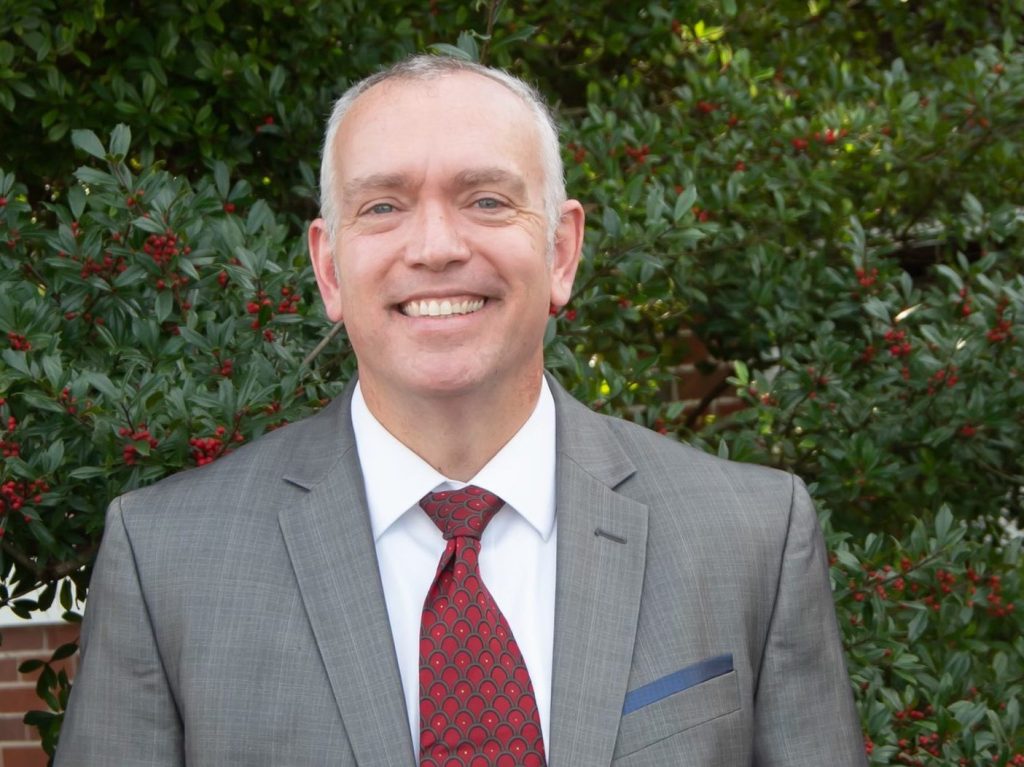
I want to talk about something that everyone has some experience with: guilt. I think it’s safe to say whether you’re a little kid sneaking cookies from the pantry, lying to a friend, or disappointing someone you care about, we’ve all felt guilt and shame. I know I’m not an exception. Not long ago, I went to a friend’s house. It was supposed to be a stay at home night with a few friends. At least that’s what I thought, and what my mom had signed off on. Little did my mom or I know, my friends had other plans in mind, and that chill night went out the window. I ended up driving around harmlessly with my friends. I ‘forgot’ to tell my mom that things had changed, or that I would even be leaving my friend’s house. I thought that if I acted normal it would be fine, and what my mom doesn’t know won’t hurt her, right? But, I forgot about a minor detail. That little detail was that I had Life360 constantly giving my phone’s location to my mom. So, imagine her surprise when she looks at it, and sees me on the other side of the town when I was supposed to be at my friend’s house. I came home apologizing for breaking my mom’s trust, and lying to her. I learned my lesson, and luckily, my mom forgave me since it wasn’t as big of a deal as I thought it would be.
Sometimes in life we feel guilt or shame from our sins, and we think we have wandered so far away from the path God wants us on that he’ll never take us back. But, God never gives up on you, and you can always get back on track. The first example that comes to mind is the parable of the Prodigal Son, which is found in Luke 15. We all know the story. The younger son wanted his inheritance early, which his father graciously granted him. It didn’t take long for the son to lose every last cent of his dad’s money, and he then found himself at a low point in his life. He had no choice but to go back home poor, dirty, and ashamed. He just knew his dad was going to be so mad at him, and if he was lucky, maybe his dad would let him come back as a servant . But look at verse 20 through 24 “And he arose and came to his father. But while he was still a long way off, his father saw him and felt compassion, and ran and embraced him and kissed him. And the son said to him, ‘Father, I have sinned against heaven and before you. I am no longer worthy to be called your son.’ But the father said to his servants, ‘Bring quickly the best robe, and put it on him, and put a ring on his hand, and shoes on his feet. And bring the fattened calf and kill it, and let us eat and celebrate. For this my son was dead, and is alive again; he was lost, and is found.’ And they began to celebrate.” You see the son made a lot of mistakes, but His biggest was underestimating the love his father had for him.
God has that same love for us, and Romans 5:8 reassures us of that, saying, “but God shows his love for us in that while we were still sinners, Christ died for us.” Turn with me, also, to 1 John 4 verse 16 ”So we have come to know and to believe the love that God has for us. God is love, and whoever abides in love abides in God, and God abides in him.“ God’s love for us is stronger than any mistake we could make. All that matters to God is that we trust him and are willing to follow his commandments.
When we take Christ on in baptism we are supposed to stop walking our own path and follow him. If you disobey His commandments, you are denying Him, therefore you are separating yourself from him. But, even though you may be temporarily lost, that does not mean you’ve lost your salvation. One great analogy that Hiram mentioned at a recent Bible study, was for us to imagine our Christian walk as a literal walk. Everyone starts in one place and with each step that you take forward you stay on the path of God. Many people think that when you disobey God’s word and you go off the path, that you’ve lost your salvation, and are away from God. What Hiram reminded us however, is much different. I was told that every wrong direction that we take in life is just us taking one step back. It isn’t getting off the path of Christianity, it’s just a slight mistake in this long walk of life. I know many times I’ve taken a step back in my faith. In the story of the prodigal son, he took several steps back and his father was still waiting for him to come home. Our Father waits for us too, just like my mom was waiting for me when I got home that night.















